Episode 21. Charles Holland (Black History Month II)
SOCIAL SHARE
SUBSCRIPTION PLATFORM
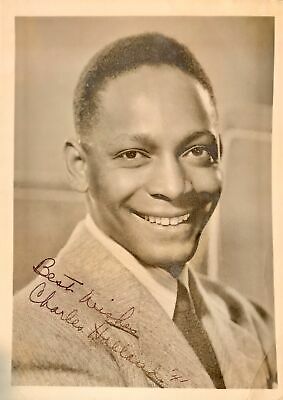
Today’s episode, the second in my Black History Month series, is a tribute to the extraordinary African American tenor Charles Holland (1909-1987) whose career spanned more than four decades. Early appearances as a vocalist with the band of Luther Henderson and the Hall Johnson Negro Choir led to his Hollywood film debut and to appearances on the Broadway stage. In 1949, frustrated with the lack of career opportunities for an African American tenor, Charles Holland departed for Europe, where he enjoyed a distinguished career. Late in his life he experienced an extraordinary career resurgence through an association with American conductor Dennis Russell Davies, which led to his belated Carnegie Hall solo recital debut in 1982 at the age of 73, as well as serving as the inspiration for Laurie Anderson’s surprise 1981 pop hit, O Superman. Musical excerpts include live and studio recordings over more than 40 years and a wide swath of genres.
RECORDINGS HEARD IN THIS EPISODE
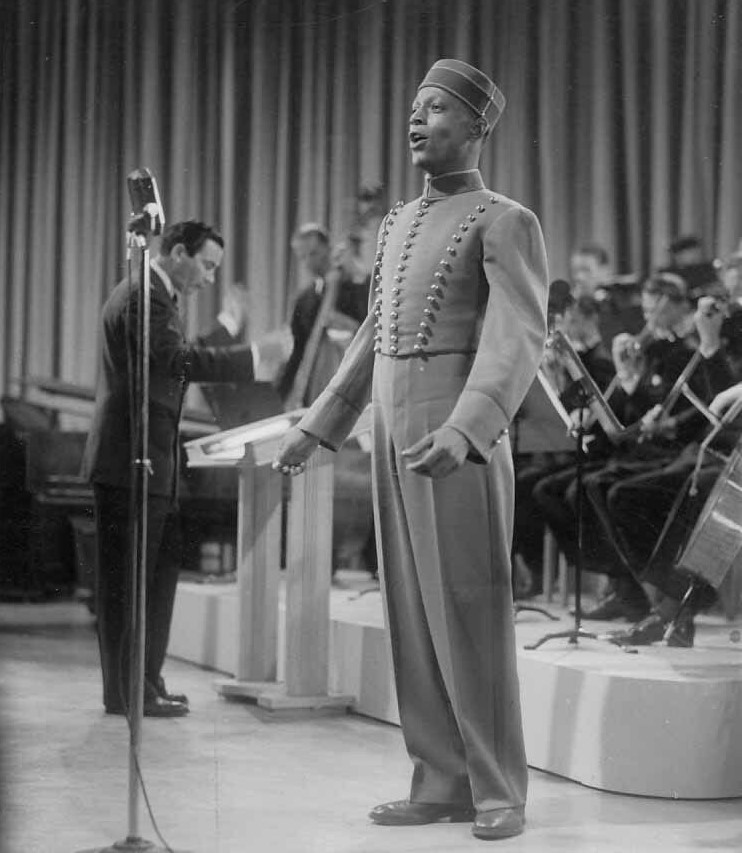
Excerpt from Hullabaloo trailer (MGM, 1940) Charles Holland sings “Vesti la giubba” from Pagliacci by Ruggero Leoncavallo, followed by Frank Morgan singing a parody of Al Jolson singing “My Mammy” by Walter Donaldson, Joe Young, and Sam M. Lewis.
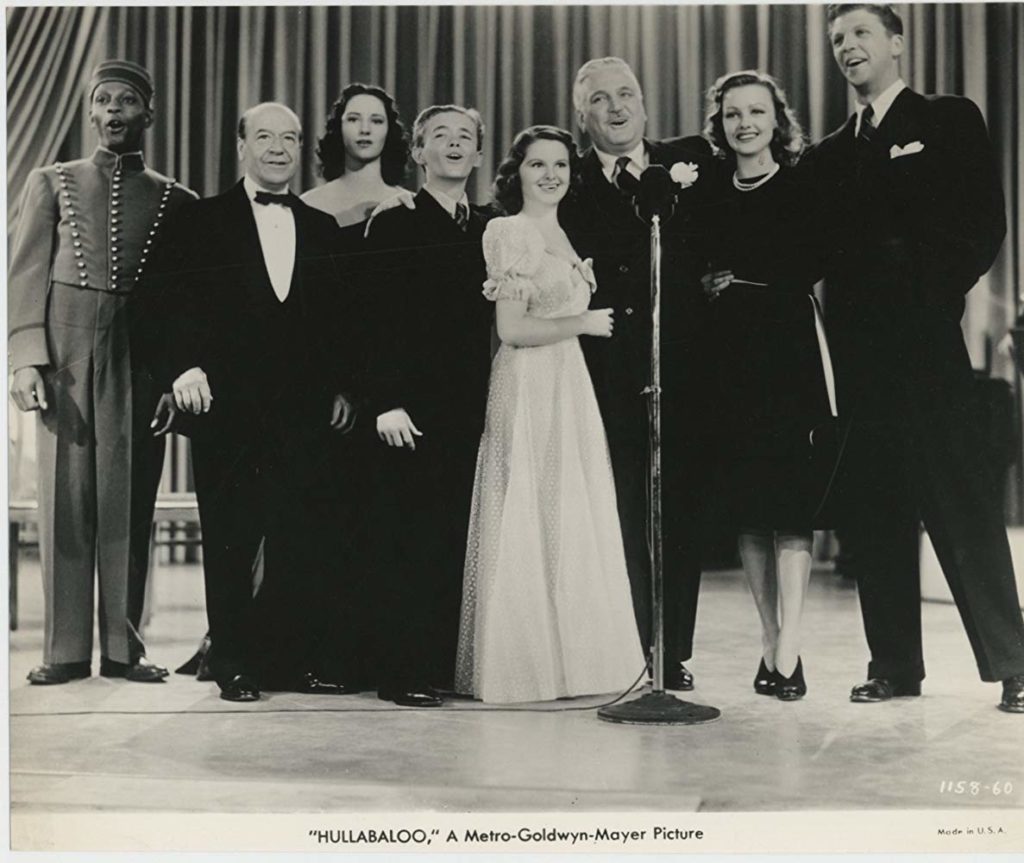
Spiritual, arr. Hall Johnson (1888-1970): Honor, Honor!. With Ralph Linsley, piano. Victor 4556-A (1940). One can hear the B-side of this 78 (Talk About a Child That Do Love Jesus) by the same arranger and performers by clicking on the link in the title.
Laurie Anderson: O Superman. Laurie Anderson, Roma Baran, Perry Hoberman, performers. Warner Bros. Records DWBS 49888 (1981).
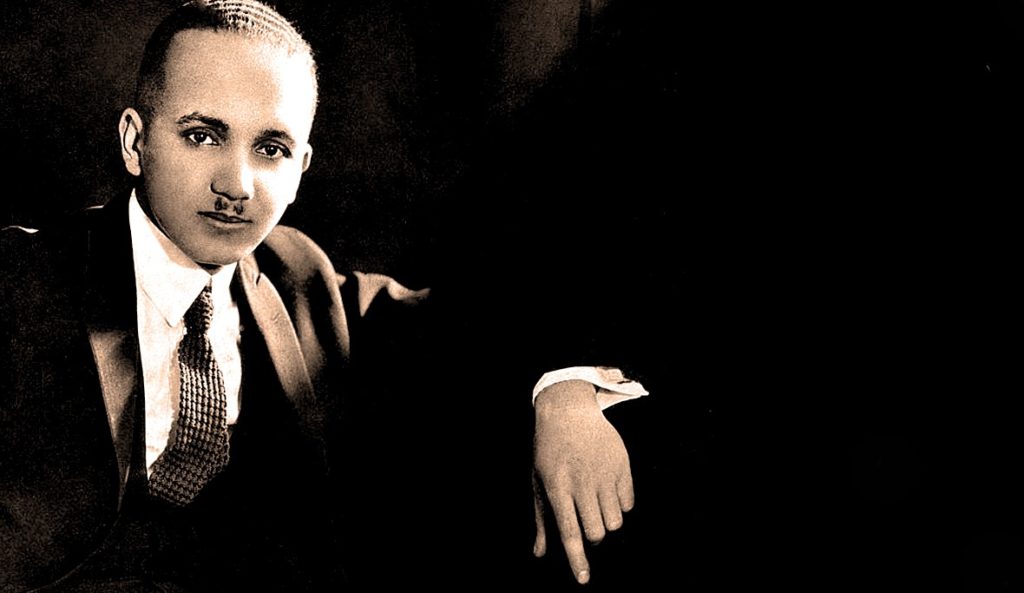
Fletcher Henderson, Irving Mills, Ned Williams: Harlem Madness. Fletcher Henderson and His Orchestra; Charles Holland, vocalist. Victor 21699 (1934). During his journeyman years, Charles Holland also performed with Benny Carter. His performance here is much stiffer than one might expect; he sounds like an opera singer that wandered into the wrong studio. But the voice, even at this early date, rings true.
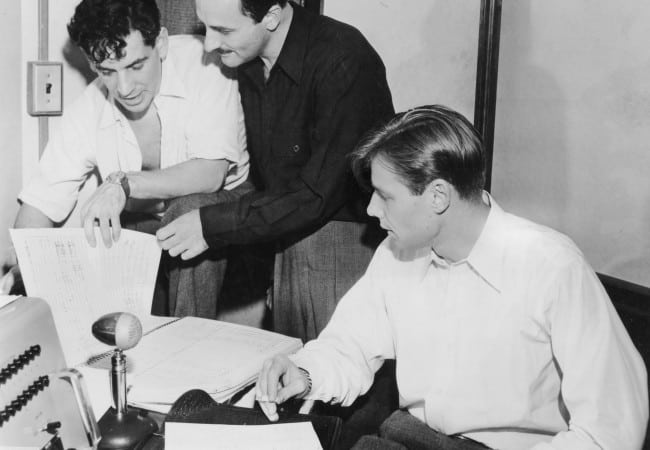
The Airborne Symphony, October 1946
Marc Blitzstein: Ballad of History and Mythology (The Airborne Symphony). Charles Holland, tenor; the RCA Victor Chorale, Robert Shaw conductor; Leonard Bernstein conducting the New York City Symphony Orchestra. RCA Victor DM-1717 (1946). The amazing label Pristine Classical has issued a remastered radio check of the second performance of The Airborne Symphony which took place on 27 May 1946 and which features the composer as the narrator, referred to in the score as The Monitor. This article on the American Symphony Orchestra’s website provides a good introduction to the sometimes rousing, sometimes embarrassing piece.
Virgil Thomson, Gertrude Stein: Four Saints in Three Acts (two excerpts: Intermezzo and “Saint Ignatius might be admired for himself” Charles Holland (St. Chavez); Virgil Thomson conducting. RCA Victor, LCT 1139; LM-2756 (1947). I have been unable to find a copy of this performance on YouTube, but as with the Airborne Symphony, I was able to find another fascinating radio performance, this one done for CBS Radio on 25 May 1947 and featuring many members of the original cast. Since the complete cast list was not given, it’s not clear if Charles Holland is on this recording. This article on the Library of Congress website provides a good background on the piece.
Wolfgang Amadeus Mozart, Lorenzo da Ponte: Un’aura amorosa (Così fan tutte). Charles Holland (Ferrando); Arthur Goldschmidt conducting the Orchestre de la Société des concerts du Conservatoire. Pathé DT 1008 (1952).
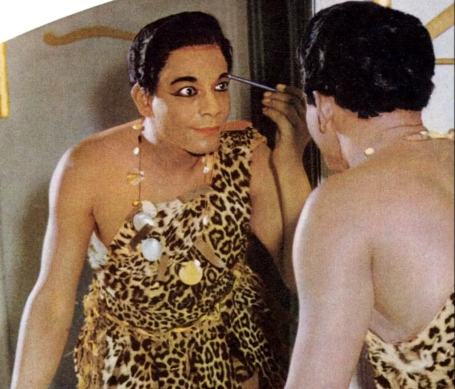
Georges Bizet: Au fond du temple saint (Les pêcheurs de perles). Charles Holland (Nadir) and Marco Bakker (Zurga). A telecast from The Netherlands, 1972.
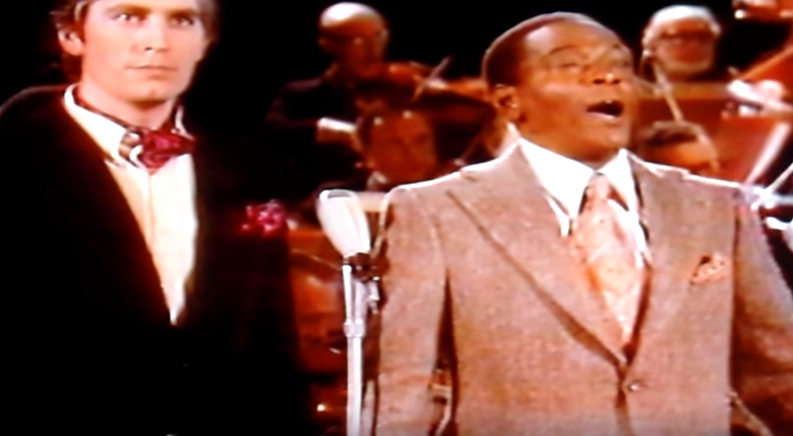
Charles Holland in live performance:
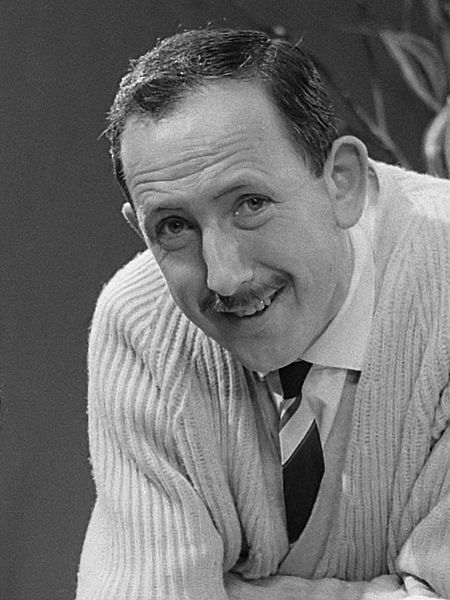
Charles Gounod: Ah! Lève-toi, soleil! (Roméo et Juliette). Charles Holland (Roméo); Harry de Groot conducting the Promenade Orkest, 20 July 1958.
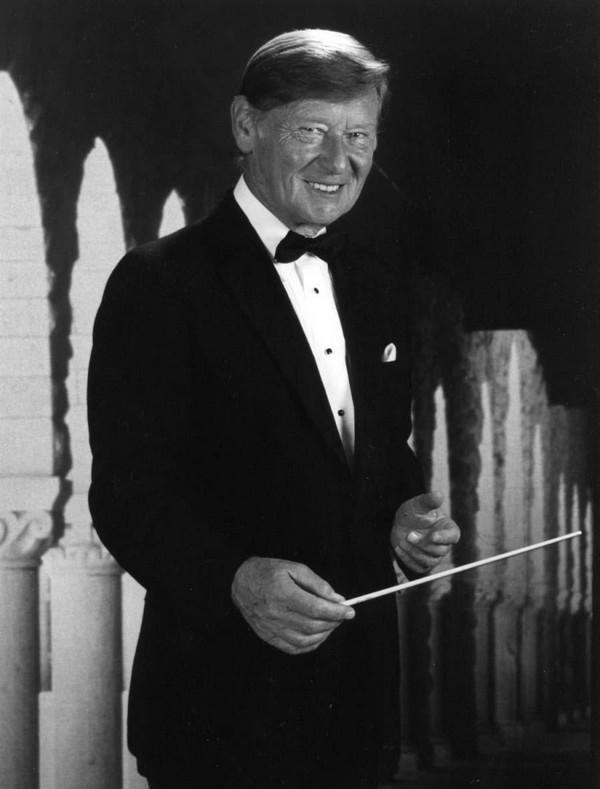
Richard Wagner: Morgenlich leuchtend (Die Meistersinger von Nürnberg). Charles Holland (Walther); Leo Driehuys conducting the Promenade Orkest, 27 February 1966.
George Frideric Handel: Where’er You Walk (Semele). Charles Holland (Jupiter); Jack P. Loorij (1911-1999) conducting the Amsterdam Philharmonic Orchestra, 18 February 1971.
Charles Holland performs Spirituals accompanied by Jacqueline Bonneau (Pathé Records 45 ED 28 (Cinq Negro-Spirituals exaltant l’arrivée de Notre Seigneur Jésus-Christ sur la Terre) and 45 ED 29 (Cinq Negro-Spirituals) (1954).
Traditional Spiritual, arr. Hall Johnson: New Born Again
Traditional Spiritual, arr. Hall Johnson: I Stood on de Ribber of Jerdan
Traditional Spiritual, arr. Hall Johnson: Live a-Humble
Traditional Spiritual, arr. Roland Hayes: Prepare Me One Body
Hall Johnson, Langston Hughes: Fi-Yer. Charles Holland, tenor; Dennis Russell Davies, piano. from My Lord What a Mornin’ (1750 Arch Records S-1796), 1982. The American pianist Ann Sears, who has done much to promote African American art song, has written the following about Fi-Yer: “Fi-yer! is a setting of a Langston Hughes poem which draws from both spiritual texts and work songs. The singer of this song has sinned and knows it; fire is going to burn him, and the listener has to decide whether it is a cleansing fire that will be enough to take him to Heaven, or whether it is the everlasting fires of Hell. Johnson omitted the verse of Hughes’s poem which might have made the singer’s end clearer: “I been stealin’,/Been tellin’ lies,/ Had more women/Than Pharaoh had wives.”
Charles Holland and Dennis Russell Davies perform three mélodies by Gabriel Fauré (from L’invitation au voyage, Musical Heritage Society 512289Y, 1988).
Clair de lune, Op. 46/2
En sourdine, Op. 58/2 (from the Cinq mélodies de Venise)
Après un rêve, Op. 7/1

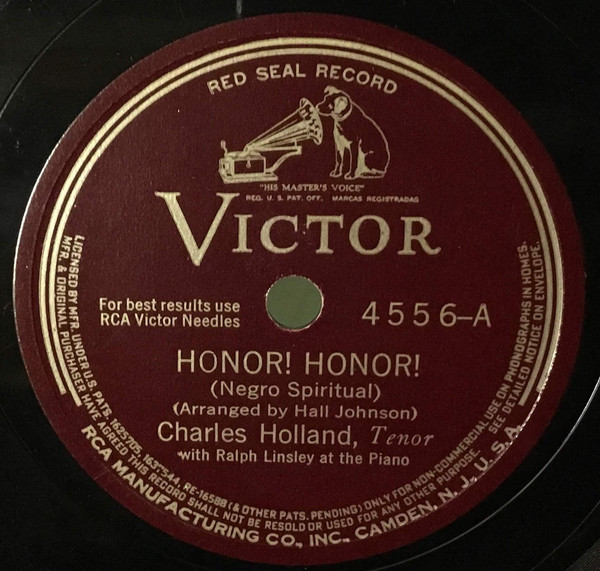
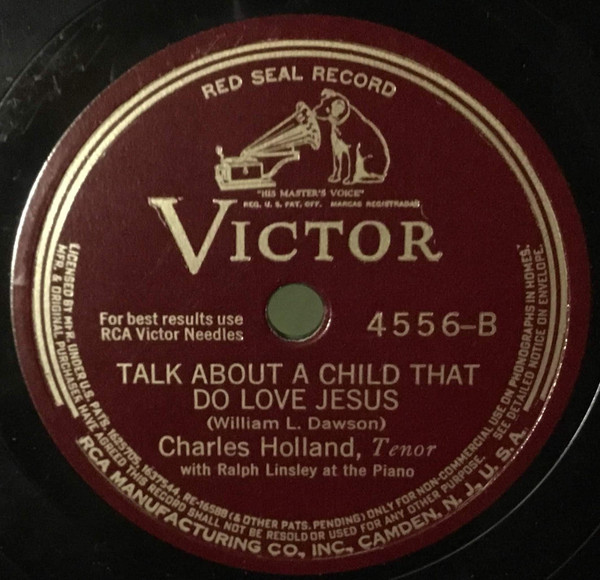
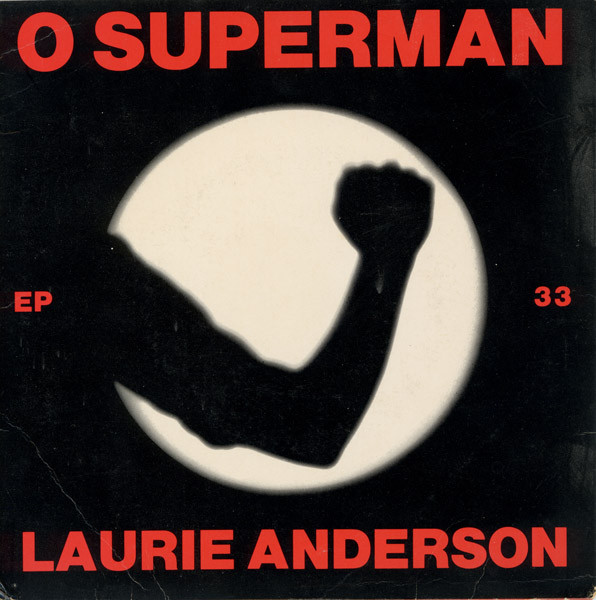
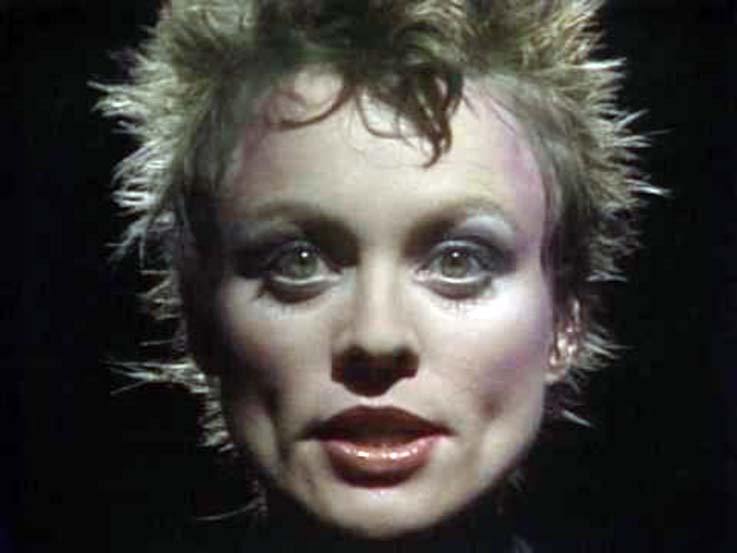
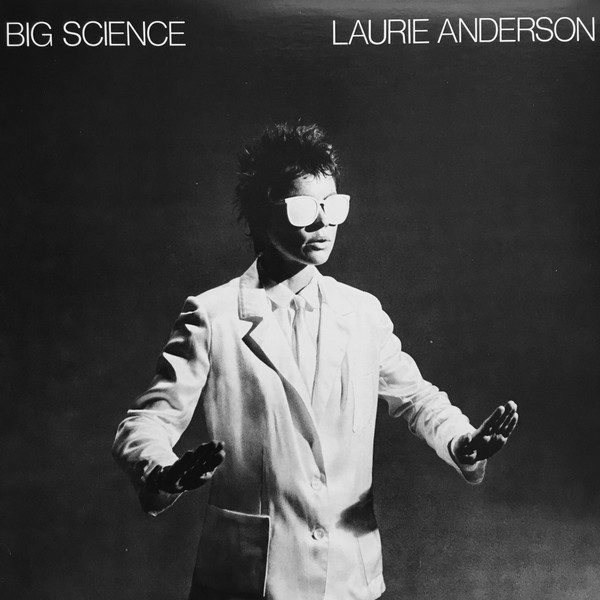
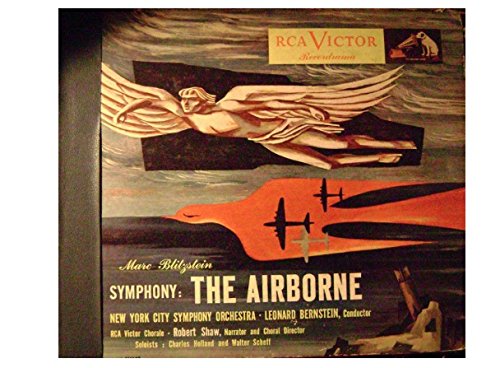
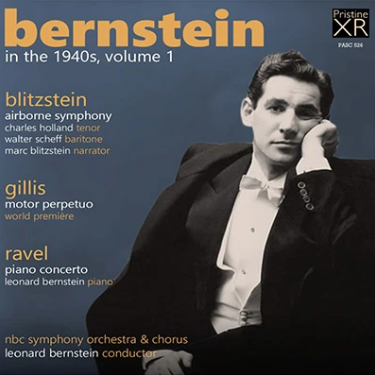
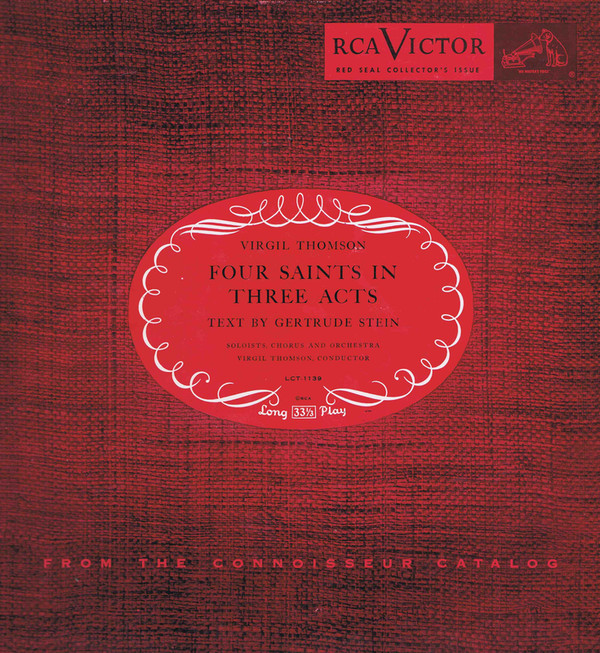
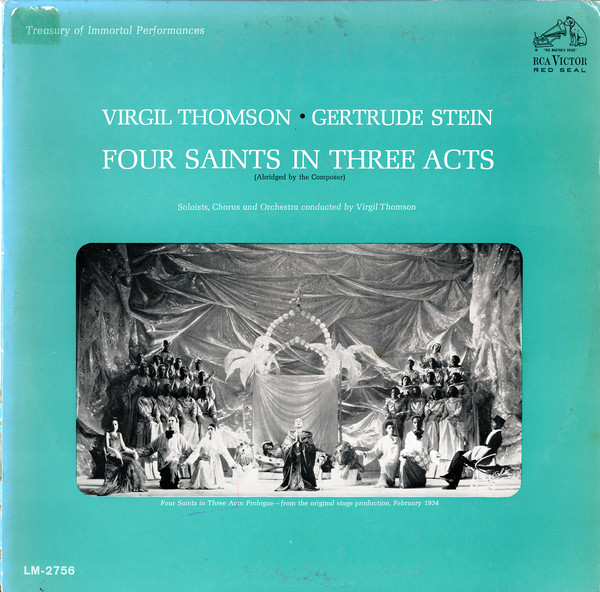
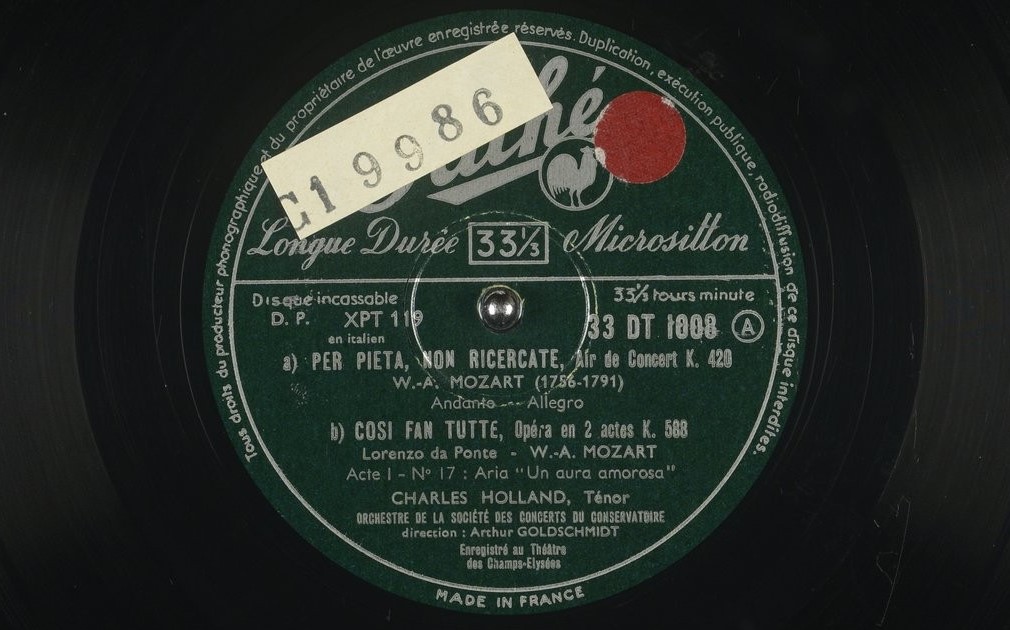
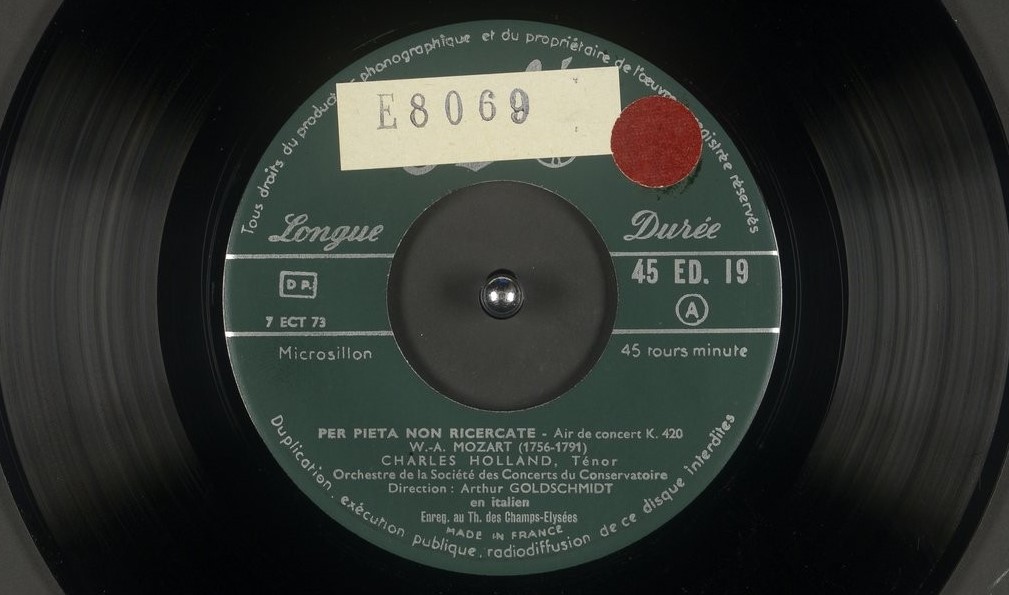
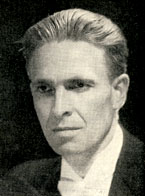
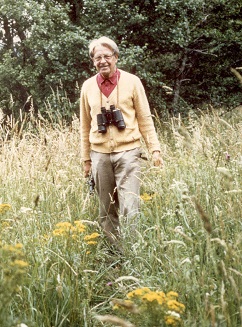
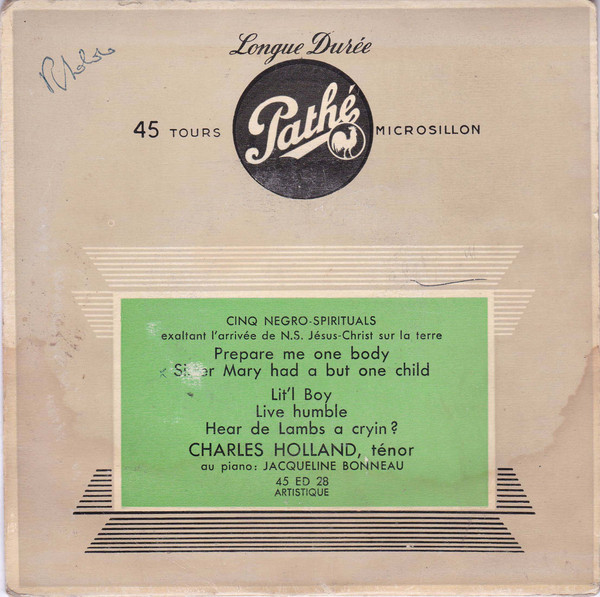
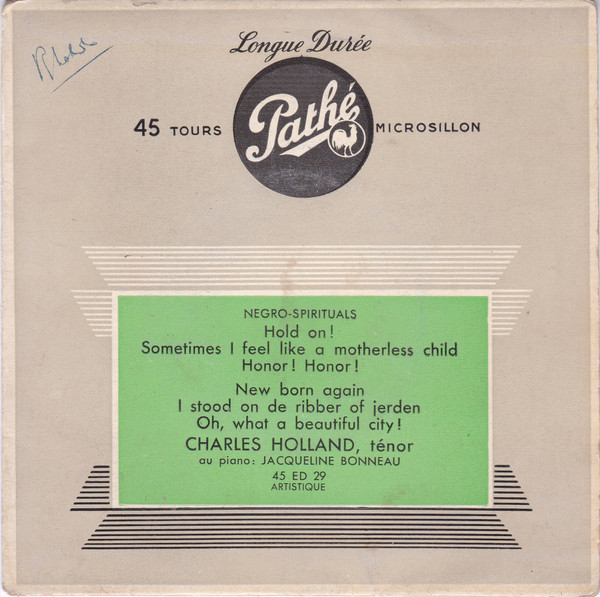
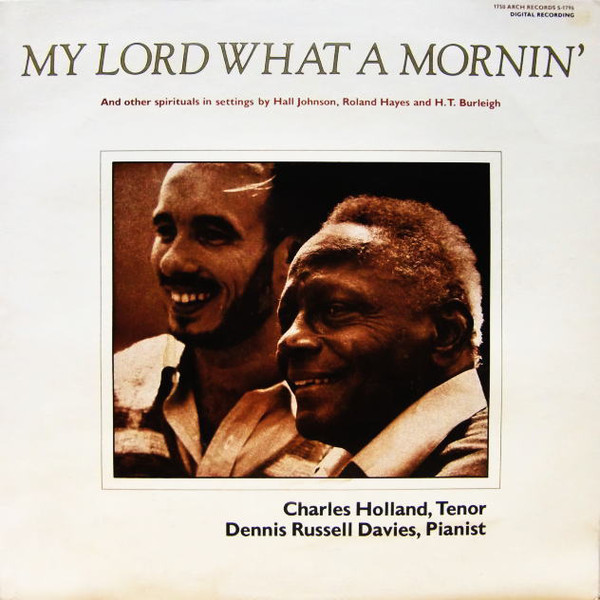
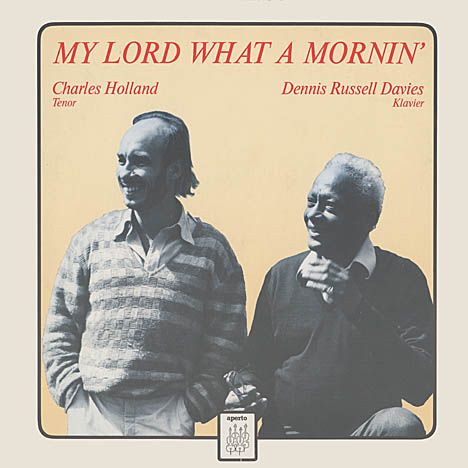
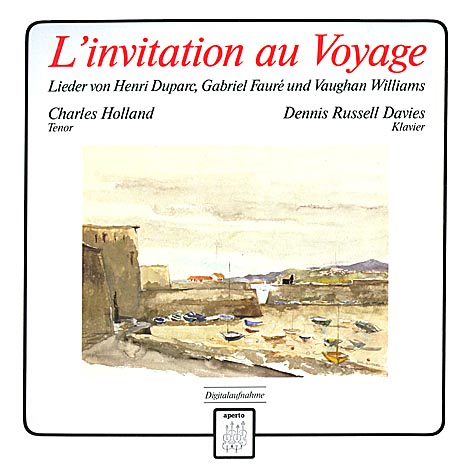
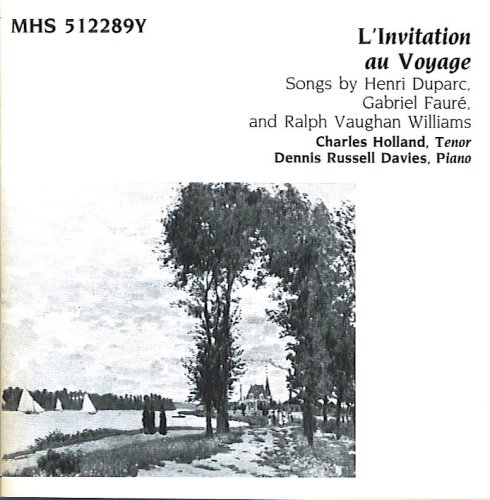
Dear Daniel,
I was very pleasently surprised when I received from my collegue Bas the link to your podcast nr 21. Thank you for this beautiful documentation.
I am the son of Charles Holland and in my conversations with Bas concerning my father he sugested to explore the possibilities of writing a biography of my father.
This is something my mother started but was unable to complete. My wife Chantal is also inspired by my family history and tells me often to do something with this moving and special story about my dad.
Your podcast reminds me of the fact how special he was. He was a great singer who struggled hard to be heard.
Thanks again for posting him on your podcast.
Kindest regards,
Marc en Chantal Holland